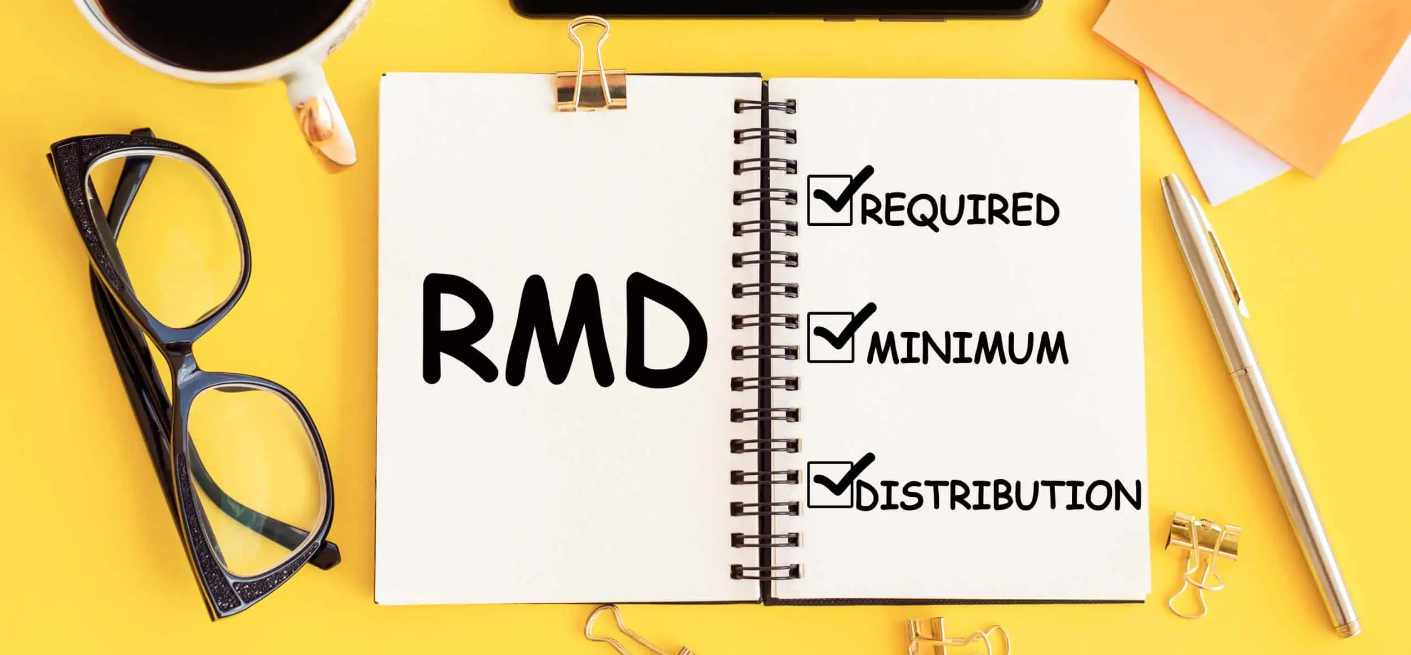In 2024, more Americans than ever before will reach age 65. By this summer, 12,000 baby boomers will celebrate their 65th birthday each day. This demographic milestone has been called “Peak 65.” If you are in this group, what does Peak 65 mean for your IRA?
Prime Time for Planning
If you are 65, approaching this age or maybe even just passed, this is the prime time to do some planning with your IRA. This is the time when you have the most flexibility with your IRA. When you reach age 59½, the 10% early distribution penalty becomes history. You can take distributions from your IRA for any reason at all and not worry about a penalty. You will still have to pay taxes (unless your withdrawal contains after-tax funds, which is rare), but the early distribution penalty is never an issue.
On the flip side, at age 65 you are not required to take any money from your IRA if you do not want it nor need it. Once you reach age 73, this will no longer be the case. At that time, required minimum distributions (RMDs) must begin. You will have to take money out of your IRA (and pay taxes on it) even if you do not want or need it. The RMD rules will require you to withdraw a specific amount each year. You can take more, but you can never take less. If you do, you will be hit with a penalty on the amount not taken.
How to Take Advantage of Peak 65
If you are at or near Peak 65, take advantage of it! Now, might be the time to take penalty-free distributions from your IRA if you need the money. You no longer have to worry about the early distribution penalty.
You might also consider doing distribution planning now to reduce taxes in the future. With tax reform, tax rates are at historic lows. It may make sense to take IRA distributions now to take advantage of the low rates, because no one knows what the future rates will be when your RMDs are required. When you are in your sixties, you can take your money out of your IRA on your own schedule and not the government’s.
During your sixties is also a great time to consider a Roth IRA conversion. You can convert your IRA now at today’s low tax rates and eliminate any future worries about RMDs. That’s because you are not required to take RMDs from your Roth IRA during your lifetime. You would not need to be concerned with the yearly hassle of being sure your RMD was taken and what the tax consequences would be. With a Roth IRA conversion, there is a tax bill and you do need to be aware of “stealth taxes” like the IRMAA surtax, but conversion is a one-time event; the trade-off is tax-free earnings for you and your beneficiaries.
To learn how you can take advantage of Peak 65 to do strategic planning with your IRA, your best bet is to consult a knowledgeable tax or financial advisor. Everyone’s situation is different. Don’t let this opportunity go to waste!
By Sarah Brenner, JD
Director of Retirement Education











